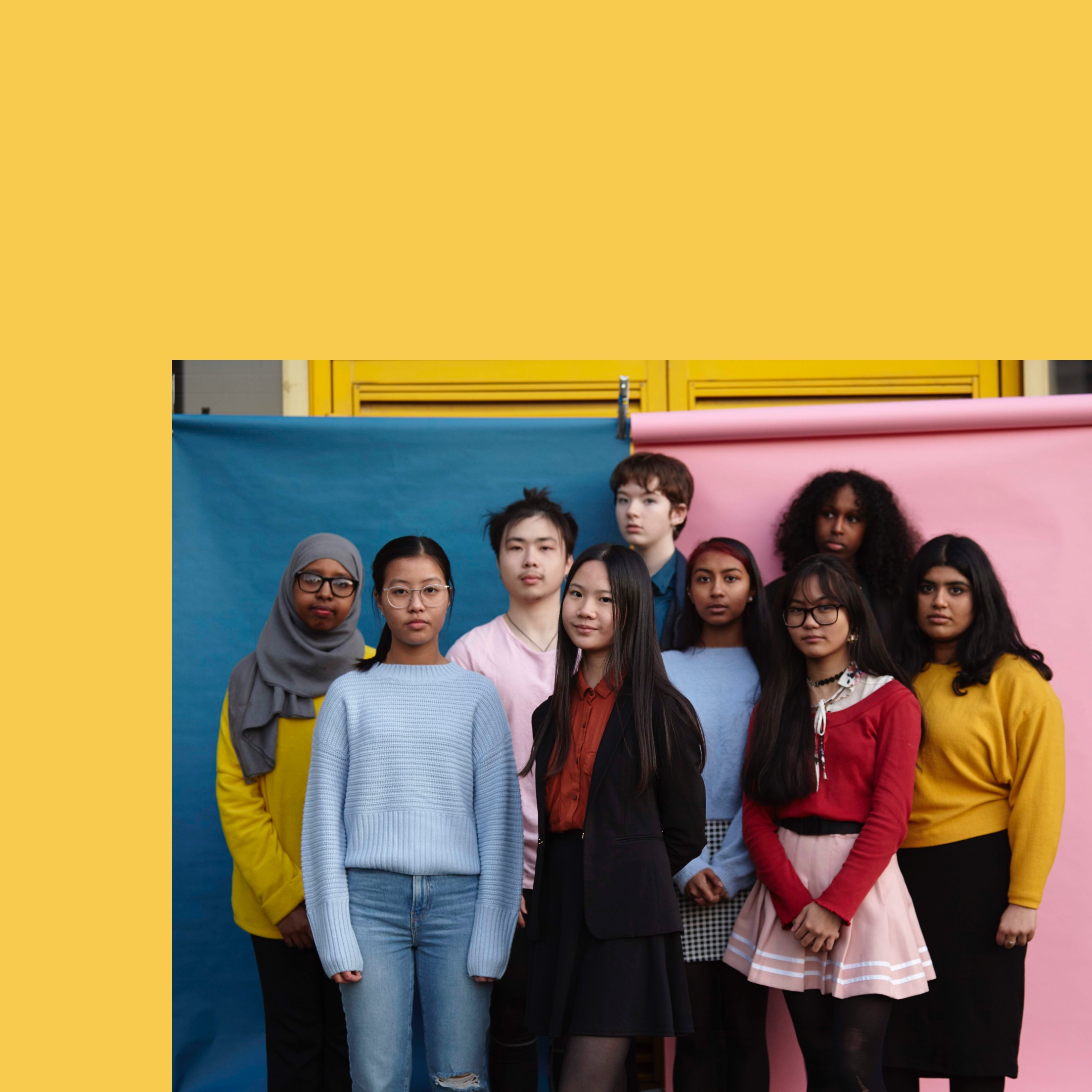
Introducing our youth-led research project, Breaking the Silence
Reimagining Education By Bea Herbert
Wed, Sep 16, 20
We're exploring how the education system is impacting young people's mental health.

We're exploring how the education system is impacting young people's mental health.
At States of Mind, we view mental health concerns in the wider context of young people’s lives – from community to school environment – and work with them to identify and address the causes of distress. Breaking the Silence is our ongoing youth-led research project exploring young people’s views on how the UK education system is having an impact on their mental health, identity and personal development.
Our aim with Breaking The Silence is to provide young people with the opportunity to speak about their educational experiences, and to use their voices to help schools create psychologically healthier environments for students.
The project was initiated in response to Ofsted’s consultation on their new Inspection Framework in January 2019. Ofsted Inspections have a significant influence on young people’s experience of education, as they drive every school’s focus on academic attainment and exam performance. Over the period of the consultation, 80 students shared their views around their experience in education, exploring Ofsted’s influence on the culture of schools and the subsequent impact this has on student’s mental health and identity.
The results expose a complex account of how some aspects of the UK education system, under Ofsted’s current framework, are contributing to a decline in the mental health of students. The working group revealed an account that provides a new context for understanding a factor contributing to the rising levels of mental health concerns experienced by young people. Student’s have summarised their findings in an open letter to Amanda Speilman, calling for their voices and experiences to be heard.
Here is a sharing from Julia, student working group member:
“I have been doing work experience with States of Mind for 10 weeks and I have learned a lot more not only about mental health but also how it fits in our society today. States of Mind has allowed me to be able to see the bigger picture and feel like, for once, my opinion and the voices of other young people have been listened to and that they actually matter. I enjoyed every week and every activity that we did and I genuinely feel like all of it has a purpose and that it should become a much bigger deal and acknowledged by more people. I would recommend States of Mind to anyone who cares about the current system and who wants to learn more not just about the world but about themselves. The whole experience has been enjoyable and I have learnt skills that I will take with me for life.”
It’s in the interest of parents, employers and society as a whole to advocate for an education system that enables young people to flourish as individuals, with unique skill sets, ambitions and confidence in speaking their views critically and truthfully with others.
But often, young people’s experience of education feels limiting, minimising their sense of choice, personal identity and unique personal interests.
This research project is allowing young people to lead the conversation around their experience in education and explore the issues that matter most to them.
As the primary stakeholders of education, students’ voices are key to understanding the issues and proposing reforms that can enable a more engaging and fulfilling experience of learning and developing within school.
The effects of high stakes testing should not be underestimated. Students have often reported feeling shamed by teachers and their families if they were unable to meet the academic requirements expected of them. Meanwhile, many students are aware that non- academic routes may often suit their needs better and can even place them ahead of their peers in terms of access to employment.
Students feel that sometimes, the role of teachers seems to be to teach to the test, rather than fostering supportive relationships that allow them to explore and uncover their personal ambitions and interests. Students recognise the stress placed on teachers, which reduces their sense of being able to ask for help, for fear that the mindset they will receive is that they are not ‘good students’. Some Schools, with increasing pressure to obtain academic results from their students, often respond to mental health problems in a reactive way - responding to students in crisis, feeling unable to offer the care and support that is required.
The findings from the young people’s work so far illustrate how young people want to be seen as individuals, with individual needs and unique ambitions.
Ofsted inspections focus school’s targets on academic performance, rather than their ability to provide a holistic and student focused culture of general wellbeing and self determination. Student’s can be left feelings as if there is a stigma around non academic pathways and alternative routes to employment which limits their choices and sense of autonomy within education.
We are currently working with UCL Institute of Education to further develop the students’ research. Watch this space as we share more about our findings in the coming weeks.
For now, listen to our podcast episode on the Breaking the Silence project, below.